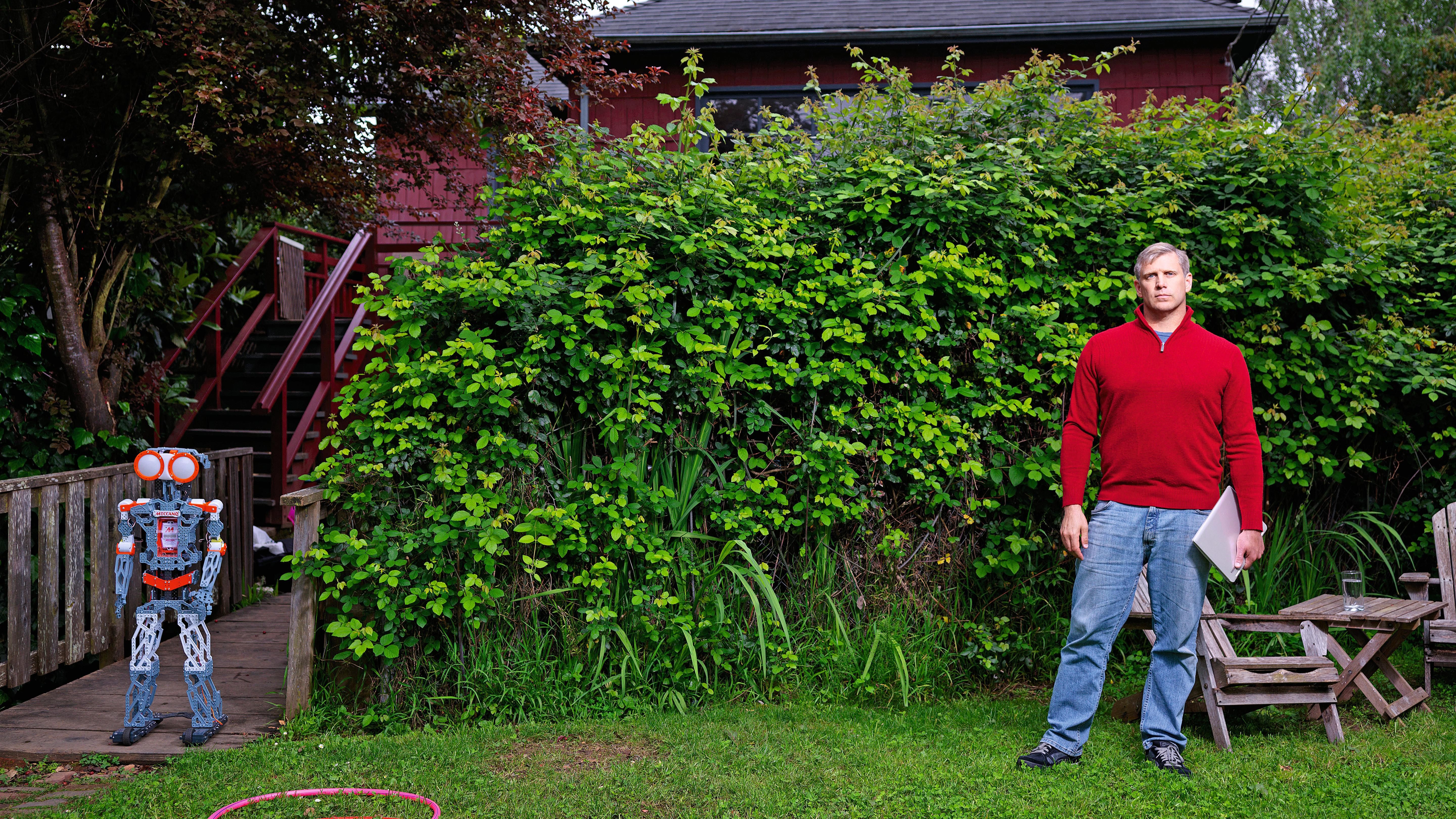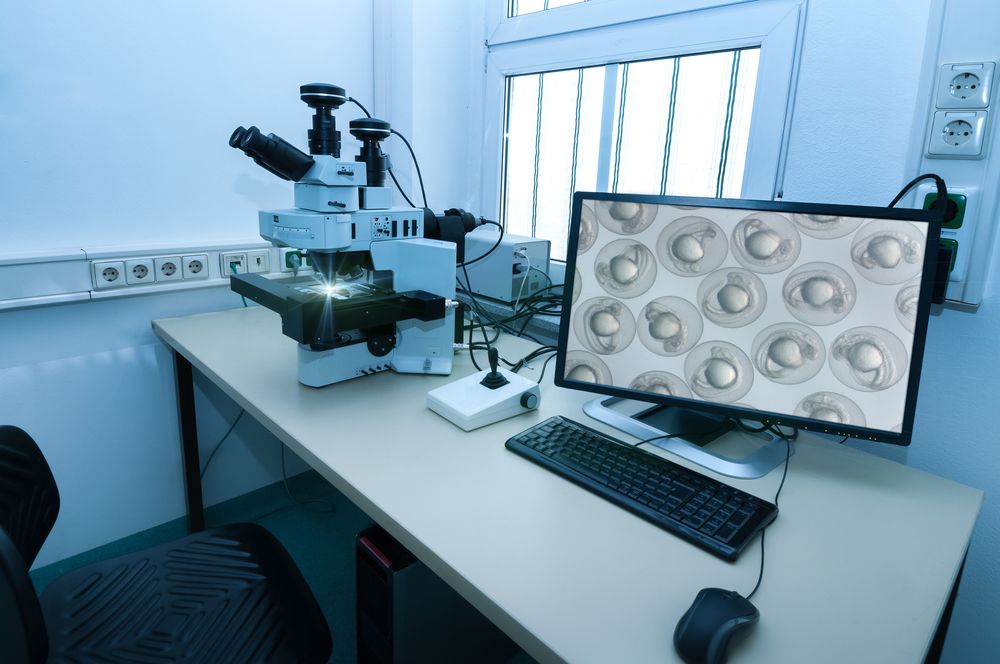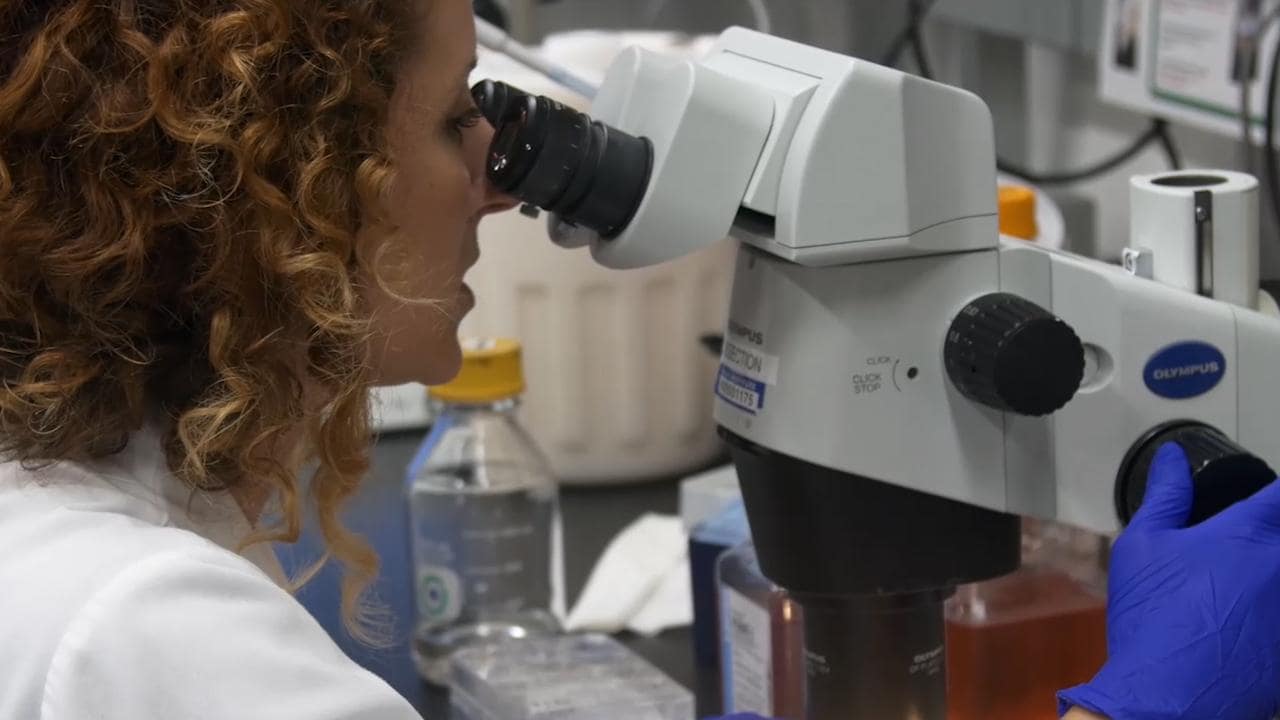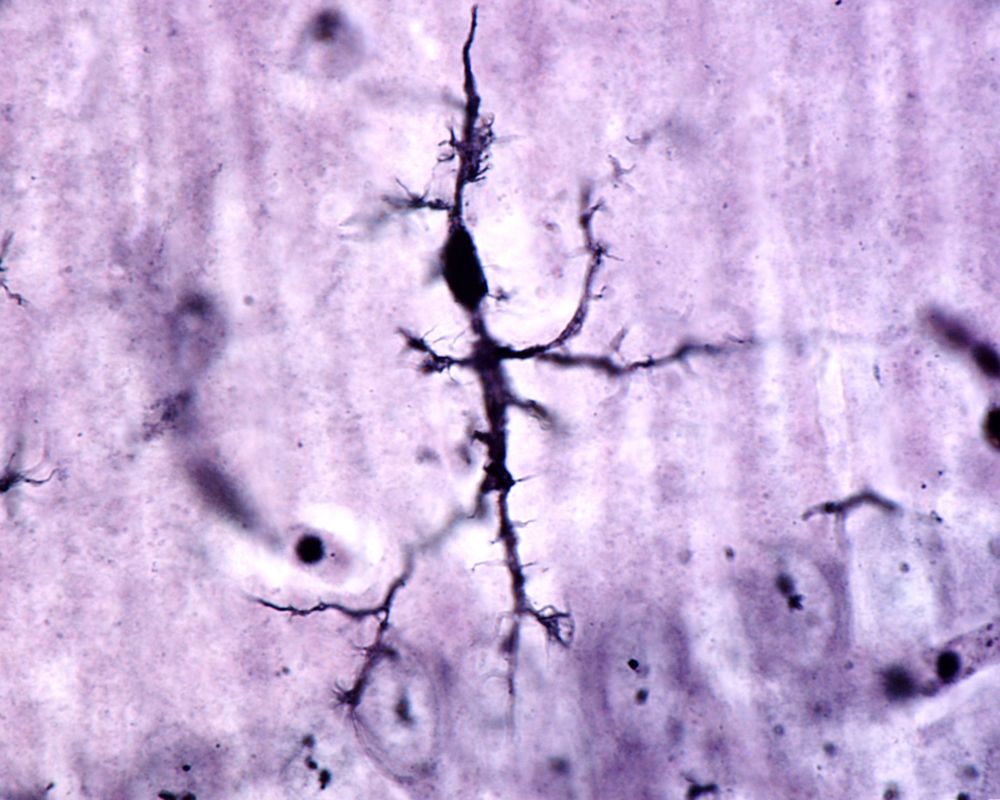Jul 24, 2017
New Cancer Vaccine Shows Promising Results in Human Clinical Trial
Posted by Steve Hill in categories: biotech/medical, genetics, life extension
Customized cancer vaccines that match the unique genetic makeup of individual tumors have just passed phase 1 trials.
Cancer is predominantly a disease of aging caused by genomic instability. Finding effective ways to prevent and treat cancer is therefore of great interest to those working in the field of aging research as well as those working in oncology.
Therapies that target combinations of neoantigens, distinctive markers on the surface of cancer cells that the immune system learns to identify, is one potential approach to treating cancer. These neoantigen combinations vary between one patient and another and this is the focus of a new study which we will talk about today[1].
Continue reading “New Cancer Vaccine Shows Promising Results in Human Clinical Trial” »
















